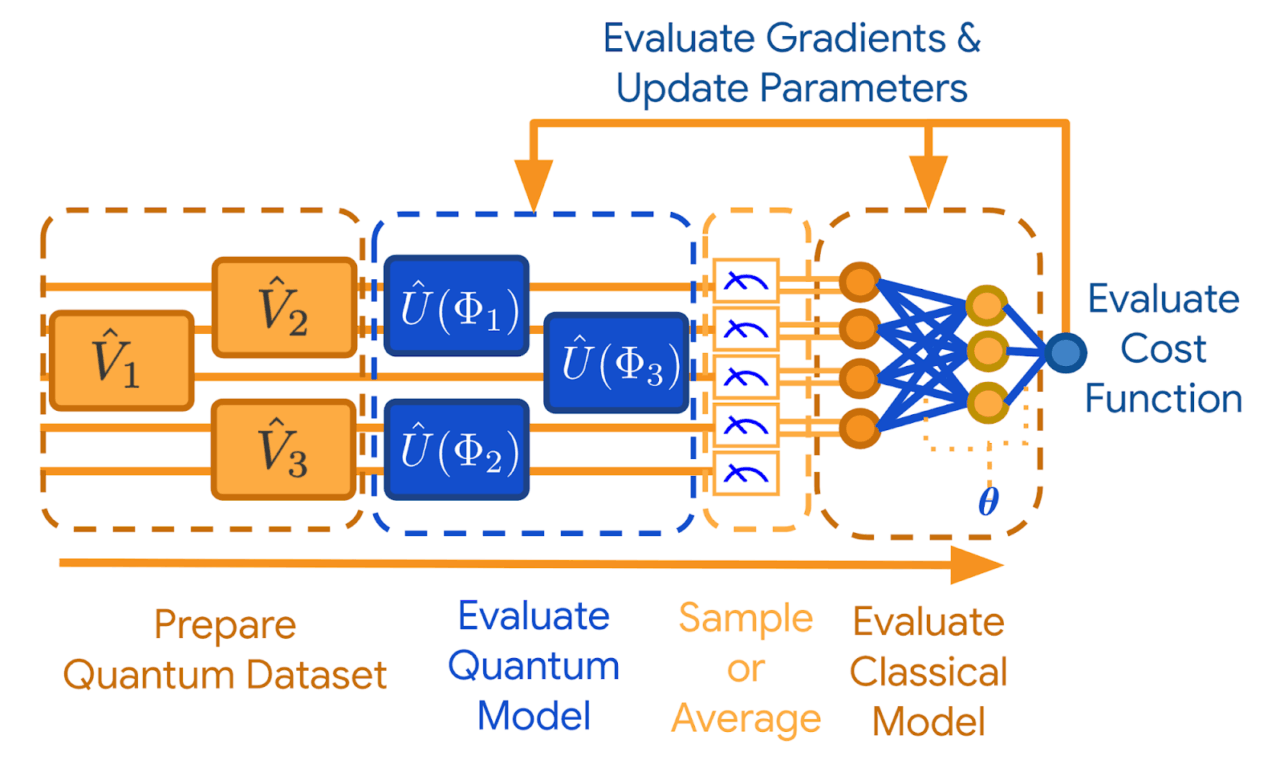Google has made available an extension to its TensorFlow open source platform called TensorFlow Quantum. It focuses on building artificial intelligence (AI) models for quantum computers.
To exploit the potential of quantum computing, which can perform complex calculations that computers are currently unable to perform, special algorithms will have to be built that can handle so-called qubits. In traditional calculations, a bit only knows the value zero or one, while a qubit can be a zero or a zero and one at a time. It is assumed that this approach is a significant step forward.
How it works
Google now wants to respond to this with TensorFlow Quantum. This tool comes with low-threshold building blocks for making AI models that work with qubits, ‘quantum logic gates’ and ‘quantum circuits’. The tech giant hopes that TensorFlow Quantum will remove some of the underlying complexity, so that researchers need to write less code.
The tool works as it were by processing the information from the qubits (quantum data) in a hybrid AI system. The developers of Google also call this ‘hybrid-classical AI modelling’. This is where the data is retrieved, to be used for predictions about quantum algorithms.

By making the tool open source, Google hopes to promote the development of quantum computing. The fact that the platform is already popular among data scientists and researchers, for example, can certainly contribute to the adoption of TensorFlow Quantum.
Other tech giants are also working to promote quantum computing. Some time ago, for example, Microsoft came up with a scalable quantum computer for Azure.
